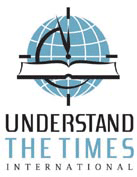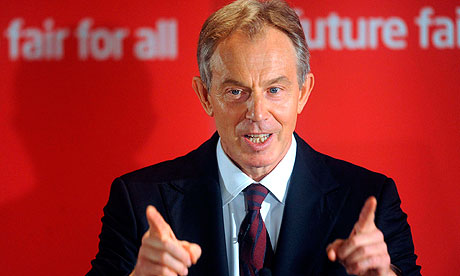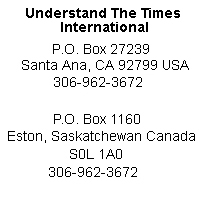The nation’s most famous Catholic convert set up his Faith Foundation to tackle such questions. He speaks of the future. The “fundamentalist doctrines of politics”, such as fascism and communism, he says, went out with the 20th century. In the 21st, when globalisation has pushed people ever closer together, the disputed territory and, he warns, the “dominant security threat”, relate to religion and culture. He wants to provide the “platform” where people of different faiths can together find out what unites them.
Mr Blair cites a meeting at the Davos Economic Forum a few years ago. There were representatives of four different faiths on the platform, each with what he calls ''an exclusive truth claim’’ for their religion. He asked them if they thought that only their faith led to salvation. ''It was interesting to see them reacting as politicians react. I spotted all the techniques of walking round it.’’
He can’t answer his own question fully, he admits. As a Catholic convert, he ''accepts the doctrine of the Catholic Church’’, but ''I’m not a doctrinal ideologue’’. He feels ''no great revulsion, quite the opposite’’ for the Church of England, which he left. He became a Catholic because of his Catholic wife, Cherie, and their family: ''I didn’t really analyse a great deal. I just felt more at home there.’’
Under the benign influence at Oxford of the Anglican priest Peter Thompson, young Tony came to believe that faith and reason could be reconciled. From this he concluded that different faiths, especially the ''Abrahamic’’ religions of Judaism, Christianity and Islam, could build on what they have in common. Now he reads the scriptures of other faiths, and finds his own enriched. In particular, he reads the Koran.
''I see the Koran very much as an outsider. It stands in the great prophetic tradition of trying to return people to the basic principles of spirituality. Taken for its time, it was an extraordinarily progressive declaration of principle. It is also extraordinary for a Christian to read: for example, there are more references to Mary than in the Gospels. The tragedy is that it has been so warped and misapplied.’’
But have you considered, I ask, that you might be wrong about Islam? What if it is not, at root, a religion of peace? He has thought about this but doesn’t accept it. He makes a comparison with Christianity. ''At Mass, at the end of the Bible readings, we say 'This is the word of the Lord’. We now take it as the spirit of Biblical teaching. We don’t take every element of it as literal. That process took us a long time.’’ Islam is wrestling with the same process today.
Very well, then, I say, look at gay marriage, a proposal that troubles many adherents of all the main religions. No comfort for the faithful here: Mr Blair is out of line with his adopted Church. ''I understand why people take a different view,’’ he says, but he is in favour of gay marriage. Indeed, it is not really possible to find a public policy issue where he takes a specifically religious view against the prevailing secularism. It is, rather, a broader point: he thinks religion is a benign force in a modern liberal order, not a hostile one.












